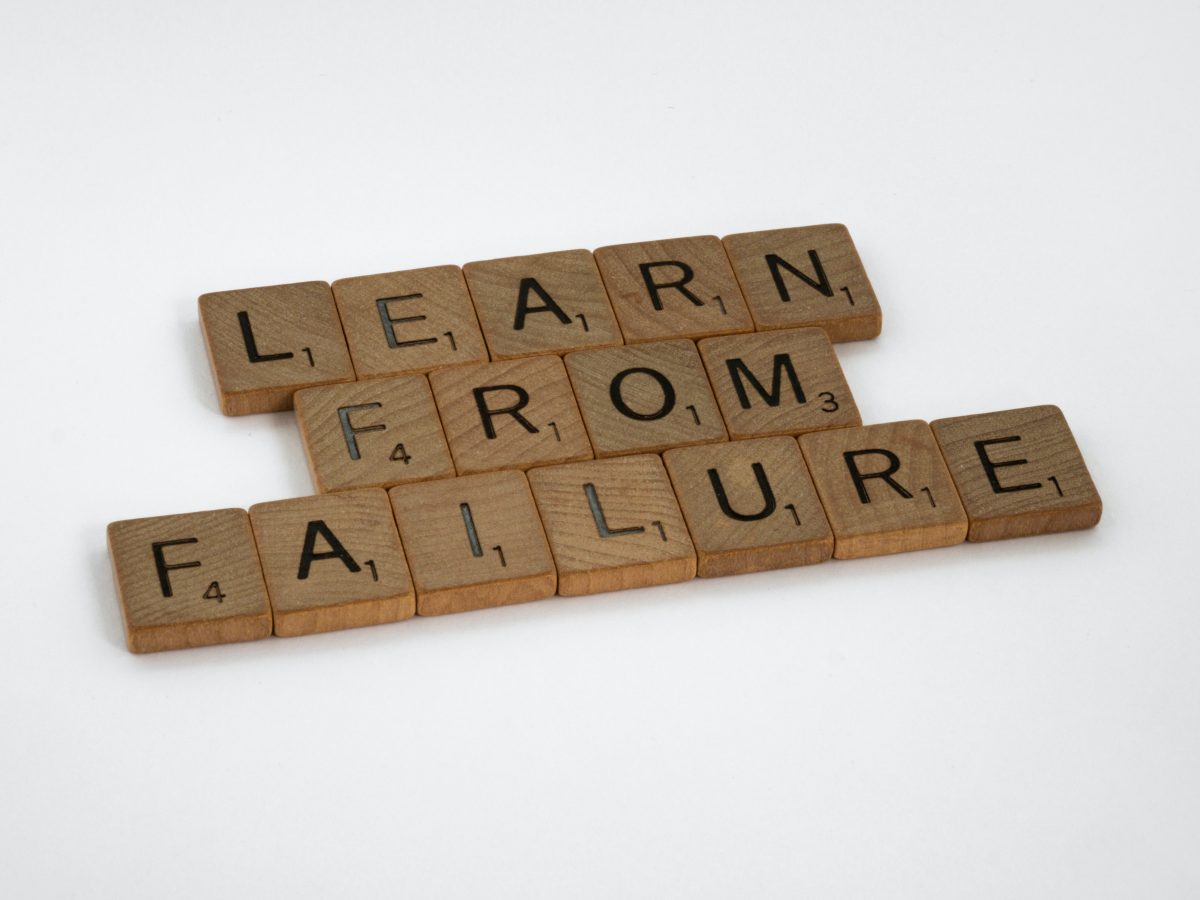Addiction recovery is incomplete without a clean heart
Resentment is acknowledged as being poisonous to our inner existence in Alcoholics Anonymous (AA). The Big Book states: “Resentment is the number one offender”. More alcoholics are killed by it than by anything else.
A person with a heavy heart has little chance of beating addiction. And keep in mind that many addictions, if left untreated, are lethal.
An examination of the term itself is instructive. The words “resentment” and “re-sentiment” have similar meanings, with “sentiment” denoting a “feeling” and “re” denoting “again.” Resentment is, therefore, a literal “feeling again.” This encapsulates the core of resentment: reviewing prior wrongs committed against us by others or recycling previous negative emotions.
In our imaginations, each of the wrongdoing incidents appears to have been recorded on videotape. In actuality, resentment is a daily mental rerun of the incident. As we proceed, imaginary wrongs come to life, and actual wrongs deteriorate.
After all, resentment does not affect the target of our resentment. It also doesn’t end the conflict. Resentment gives those people the power to control our thoughts—a form of emotional bondage—instead of releasing us from their wrongdoings.
The Big Book offers a practical guide to releasing resentment. We have written about this in another blog.

The Buddhist way to release resentment
The Buddha spoke extensively about the dangers of harbouring resentment and the importance of forgiveness and letting go. Here are some teachings and concepts from the Buddha and Buddhist scriptures related to resentment:
The Buddha likens verbal abuse to someone trying to give you a gift. If you don’t accept the gift, it remains with the giver. Similarly, if someone abuses you and you don’t resent them, the abuse remains with the abuser.
The Buddha said, “Holding on to anger is like grasping a hot coal with the intent of throwing it at someone else; you are the one who gets burned.”
In the Dhammapada, a collection of sayings of the Buddha, it is mentioned: “He abused me, he struck me, he overpowered me, he robbed me.” Those who harbour such thoughts do not still harbour hatred. Those who do not carry such thoughts still harbour hatred.”
The Buddha emphasized the importance of forgiveness to overcome resentment. By forgiving others, we free ourselves from the chains of negative emotions.
The Buddha gives the simile of the saw. He suggests that even if bandits were to sever one’s limbs with a two-handled saw, one who gave rise to a mind of hate towards them would not follow his teachings. Instead, one should cultivate a mind of loving-kindness.
The Buddha taught that by being mindful and aware of our emotions, we can recognize the emergence of resentment and let it go before it takes root in our minds.
Just as in the Eleventh Step of the 12 Steps, meditation is a practice where one cultivates unconditional love and goodwill towards all beings, including those who may have wronged us. It’s a powerful tool to overcome resentment and cultivate compassion.
In essence, the Buddha taught that resentment is a destructive emotion that harms the one who holds it more than anyone else.
Letting go of resentment and practising forgiveness leads to peace, happiness, and liberation.
Now we see that the ancient wisdom of Buddhism resonates so well with the Twelve Steps of Alcoholics Anonymous!
If you or a loved one is struggling with addiction, call Freephone at 0800 140 4044
Freephone: 0800 140 4044
Local rate: 0300 330 3040



